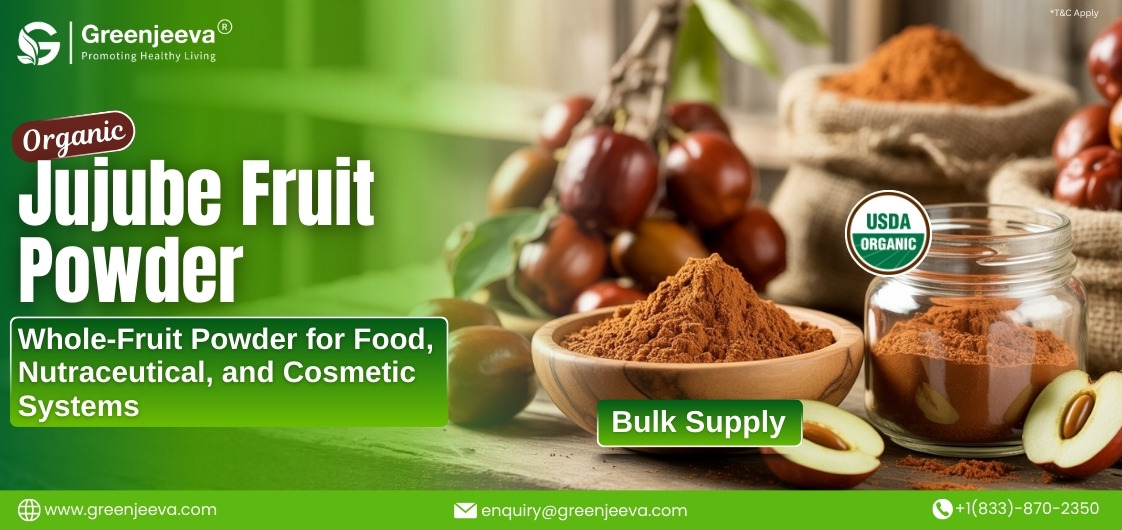Leveraging Caffeine-Rich Ingredients: Powering the Energy Drink and Supplement Industry

The energy drink and supplement industry has seen a remarkable surge in demand for products enriched with caffeine-rich ingredients. As consumers seek functional and performance-enhancing solutions, businesses in the B2B market recognize the significance of leveraging caffeine to meet these needs.
The Benefits of Caffeine-Rich Ingredients
As a powerful stimulant, caffeine offers a range of benefits and applications in energy drinks and supplements. Caffeine gives consumers the vitality they need to tackle their daily challenges by enhancing alertness and boosting energy levels. Moreover, it can improve physical performance, making it a sought-after ingredient in the market.
Understanding Market Trends and Consumer Preferences
To stay competitive, businesses must analyze current market trends and consumer demands related to caffeine-based products. Natural caffeine sources and transparency in ingredient labeling are gaining prominence as consumers seek healthier options. Meeting diverse dietary needs and preferences is crucial, ensuring a broad consumer base for energy drinks and supplements.
Sourcing High-Quality Caffeine Ingredients
Sourcing high-quality caffeine-rich ingredients is essential to deliver safe and consistent products. Businesses should work with reliable suppliers who adhere to sustainable sourcing practices. Rigorous quality control measures are necessary to ensure the purity and reliability of the sourced ingredients, earning consumer trust.
Caffeine-Rich Ingredients for Energy Drinks and Supplements
Here are some raw ingredients used as a source of caffeine in energy drinks and supplements:
Guarana Extract: Derived from the seeds of the guarana plant, it contains high levels of caffeine and is known for its stimulating effects.
Yerba Mate: A traditional South American beverage, yerba mate is made from the leaves of the yerba mate plant. It provides a natural source of caffeine and is often used in energy drinks.
Ginseng Extract: Ginseng is a root known for its adaptogenic properties and is believed to boost energy levels. It is used in energy drinks and supplements.
Green Tea Extract: Green tea contains caffeine along with beneficial antioxidants. Green tea extract is a popular choice for energy drinks and supplements.
Kola Nut Extract: Kola nut is a caffeine-containing seed native to Africa. It is used as a natural caffeine source in energy drinks.
Cocoa Extract: Cocoa beans contain caffeine and produce a cocoa extract, which can be added to energy drinks and supplements.
Coffee Bean Extract: Coffee beans are rich in caffeine, and their extracts are used in energy drinks and supplements.
Tea Extract: Apart from green tea, other types of tea extracts, such as black tea and white tea, can also provide a caffeine boost.
Maca Root Extract: Maca root is known for its energizing properties and is an ingredient in energy-boosting supplements.
These raw ingredients offer a natural source of caffeine. They are used in energy drinks and supplements to boost energy and promote alertness.
Navigating Regulatory Considerations
Navigating the regulatory landscape is critical for businesses in the caffeine-based product market. Compliance with labeling guidelines, permissible caffeine levels, and health claims restrictions is vital. Staying informed about evolving regulations is crucial to avoid legal complications and maintain product compliance.
Formulation Best Practices
Developing effective energy drinks and supplements requires adherence to formulation best practices. Dosage considerations, ingredient combinations, and flavor masking techniques are crucial. Product differentiation and innovation are key factors to thrive in the competitive market, catering to evolving consumer preferences.
Industry Innovations and Future Outlook
Exploring industry innovations and advancements is crucial to stay ahead of the curve. Functional beverages, alternative caffeine sources, and personalized nutrition are emerging trends that businesses should capitalize on. By embracing innovation, B2B companies can seize market opportunities and solidify their position in the industry.
Conclusion
Caffeine-rich ingredients offer tremendous potential for B2B businesses in the energy drink and supplement industry. By understanding market trends, sourcing practices, regulatory considerations, formulation best practices, and industry innovations, businesses can harness the power of caffeine to develop products that cater to the needs and preferences of energy-seeking consumers.
By leveraging caffeine, B2B companies can establish themselves as market leaders and fuel their customers' success with high-quality, performance-driven solutions.
Disclaimer:
***These statements have not been evaluated by the Food and Drug Administration. This product is not intended to diagnose, treat, cure, or prevent any disease.***






